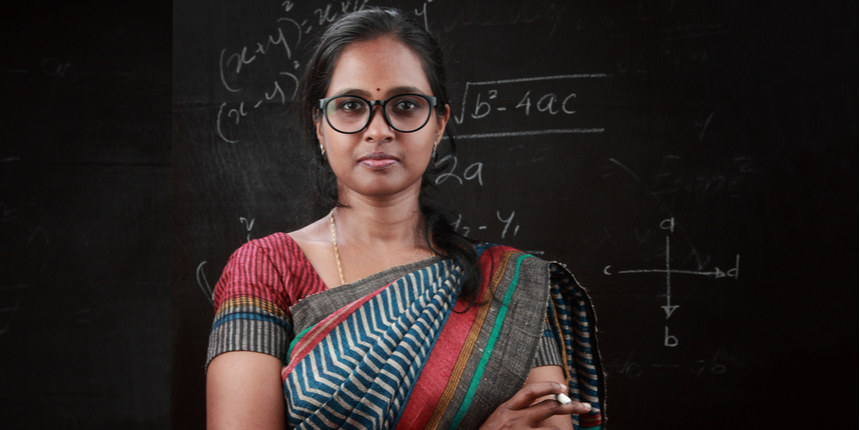Faculty members provide to fulcrum of institutional excellence: AICTE chairman
Press Trust of India | July 25, 2021 | 07:57 PM IST | 1 min read
Anil Sahsrabudhe, AICTE chairman, addressed an event hosted by the NorthCap University in Gurgaon on Saturday.

NEW DELHI: Faculty members are the most important pillar in educational institutions and contribute to fulcrum of institutional excellence, said Anil Sahsrabudhe, Chairman of the All India Council for Technical Education (AICTE).
Anil Sahsrabudhe was addressing an event hosted by the NorthCap University in Gurgaon on Saturday. "The fulcrum of institutional excellence will come from faculty members because they are constantly associated with an educational institution for a very long time. A faculty spends around four decades in the academic sphere, hence they become the most important pillar to achieve excellence in education," he said. Talking about the need of adopting technology in education, Sahasrabudhe detailed the initiatives taken by the AICTE to empower faculties during the Covid pandemic. "We have trained over 1.65 lakh teachers in courses like AI, IoT, ML, Blockchain, AR and VR, etc with the help of over 948 programs available online under the AICTE's Training and Learning Academy. The AICTE plans to train over two lakh teachers through 130 programs during this year," he said.
According to Rekha Vig, Deputy Dean (Academic Affairs), the NorthCap University, "The Indian education fraternity has embraced the online system more than willingly, meticulously, and ardently. During the lockdown, when everything was closed, education institutions were open and students were studying." "Online teaching has changed the way the world learns now. Thanks to Covid, education is never going to be the same again. It's not just the transformation itself but the pace at which it has happened is rather more intriguing," she said.
Write to us at news@careers360.com.
Follow us for the latest education news on colleges and universities, admission, courses, exams, research, education policies, study abroad and more..
To get in touch, write to us at news@careers360.com.